
Paper Overload? What to File, What to Digitize, and What to Shred or Recycle
Paper. It’s one of the things we just can’t live without, though most of us try to minimize our use of it, and recycle or shred what we can. The

Paper. It’s one of the things we just can’t live without, though most of us try to minimize our use of it, and recycle or shred what we can. The

Your home office should be a space where you can get a lot of work done. That “work” may be for your job, for your household, or both. In any
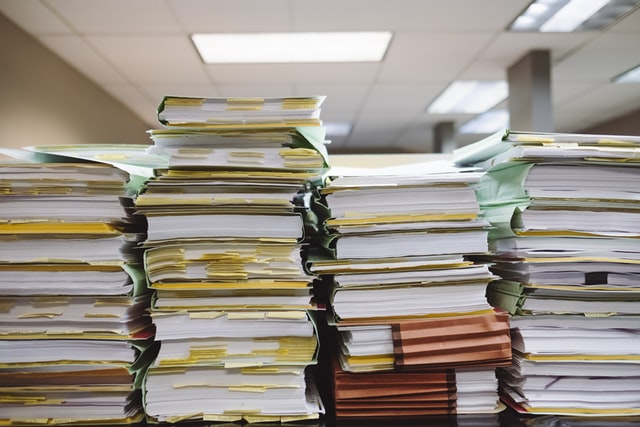
October 19, 2020 by Lisa Woodruff from ADDitude.mag Did you think we would still be dealing with paper in 2020? Me neither. I was sure that the “future would be
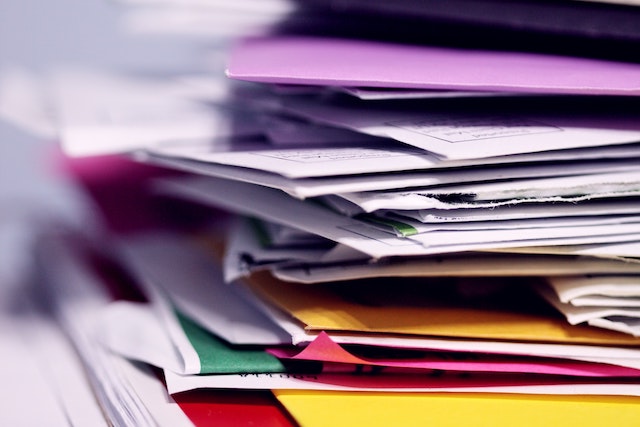
Even though we are in the Digital Age, paper remains a constant in our lives. While junk emails have replaced junk snail mail (trees happy, inboxes…not so much), one of

The deadline to file your 2023 taxes is midnight on Monday, April 15, 2024. That date will be here faster than you think. Don’t hold off any longer—the time to

Even with many day-to-day tasks moving online, there will still–and always be–paper. The average American receives almost 50,000 pieces of mail in their lifetime, and 30% of it is junk.

It seems that everyone struggles with paper clutter. At the beginning of each year, we encourage clients to go through filing cabinets, recycling or shredding unneeded documents. For some folks
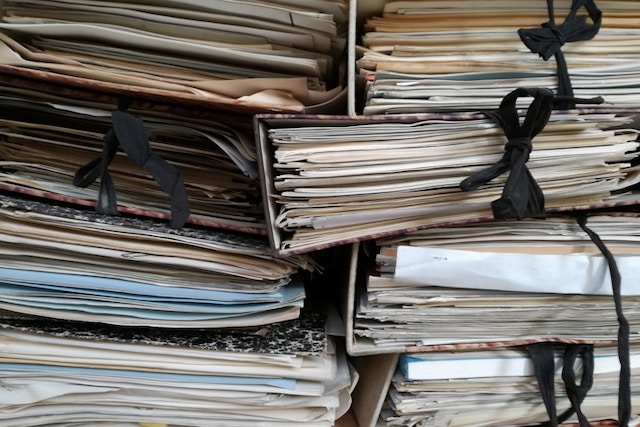
Where does all that paper come from? Paper used to be a rare and precious commodity, but today most families are drowning in it. Mail is delivered daily: utility bills,
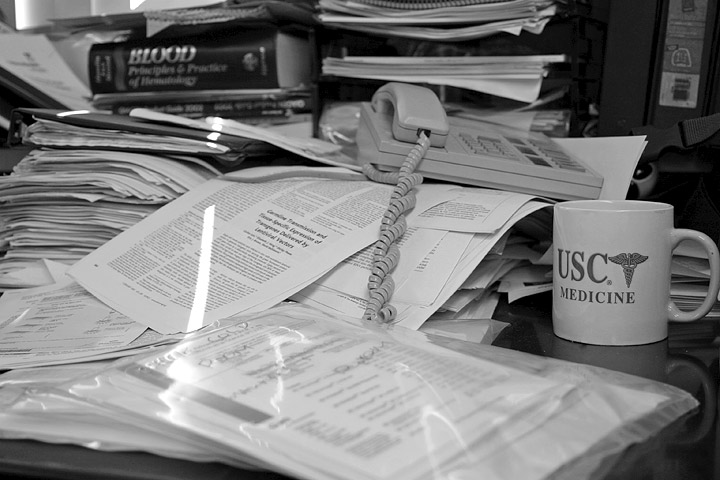
Unless you are an accountant, for many of us, filing our tax returns ranks on the list of fun activities right next to root canals. Some of us get through
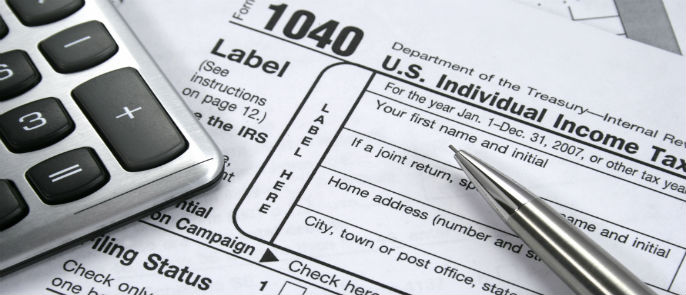
The deadline to file your taxes will arrive sooner than you think. It may feel like a long time from now, but the time to file is as soon as